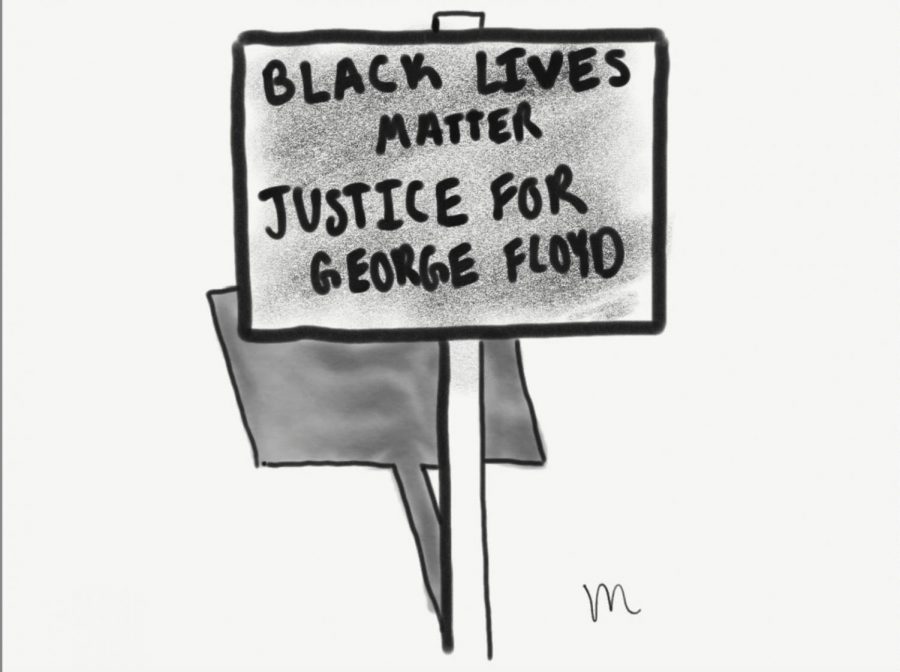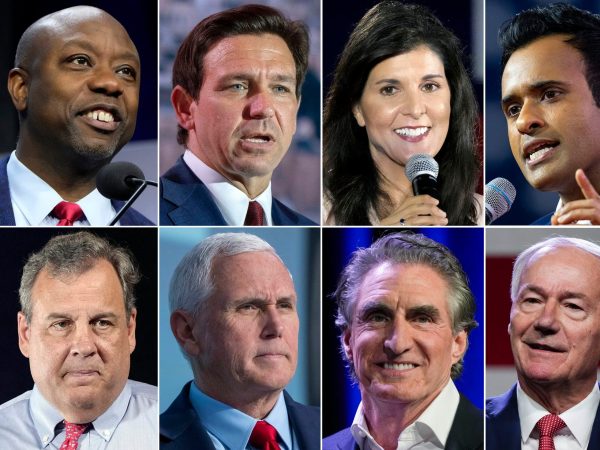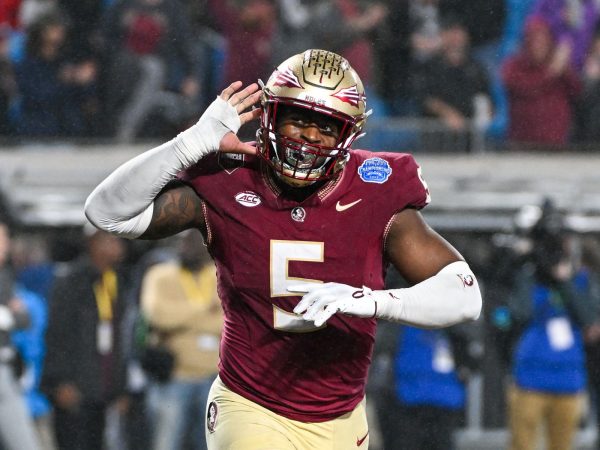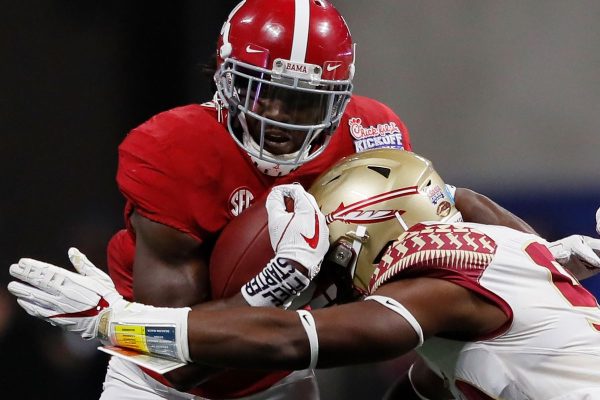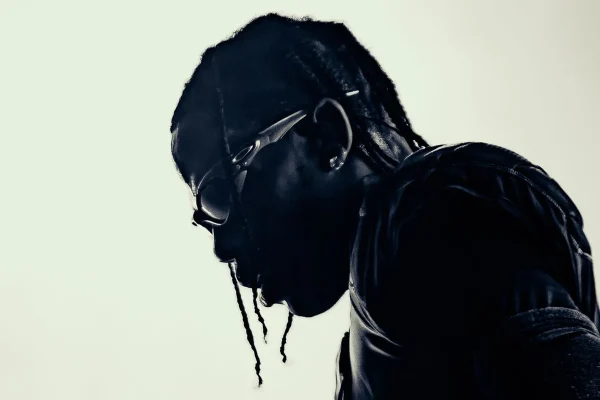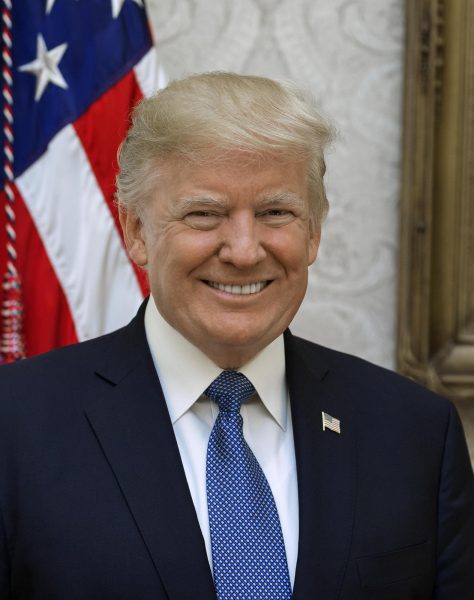OP-ED: The Death of George: The View from Minneapolis is Eye-Opening
A Call to Action from a Pelham Alumna
June 6, 2020
I write to you from my apartment in Minneapolis, where four blocks away, George Floyd was recently killed. The police and National Guard are here, responding to civil disobedience with tear gas and rubber bullets. The country has reached a fever pitch — not just because of Mr. Floyd’s death, but because of what it represents.
On May 25, police officer Derek Chauvin knelt on George Floyd’s neck for nearly nine minutes, while three of his colleagues kept watch and passersby begged Chauvin to stop. After much public outcry, the unexpected happened three days later: Chauvin was arrested for third degree murder. Six days later, when community outrage erupted in rioting, Chauvin’s charges were upgraded to second degree murder and three of the officer’s colleagues were charged for their complicity after additional video footage showed that they had not only kept Floyd immobilized, but that not a single one stepped in to prevent Floyd’s death when the man pleaded for help.
In the United States, police who kill on duty when force is unnecessary are routinely acquitted, if they are charged at all. This is not to say that all police officers are cruel, sadistic people; it is to say that, as Phillip V. McHarris and Thenjiwe McHarris wrote in the New York Times, “the entire criminal justice system gives police officers the power and opportunity to systematically harass and kill with impunity.” The deaths of Black people at the hands of police emerge from the violence of white supremacy. Unchecked biases, white privilege, and state power will continue to collude, resulting in the death of yet another person of color.
These words would have sounded extreme to me as a white teenager. I was never asked to question my thinking, and conversations about race in Pelham were limited. It took me until college to realize how much I did not know about racism in America. Though I thought I had grown up in a self-professed ‘color-blind’ and ‘post-racial’ community, I was taught otherwise by Black professors and classmates. I continue to learn.
White people in Pelham like to pretend the worst of racism is over. We see everyone ‘the same’ — therefore, our unconscious biases, our schools’ opportunity gaps, and the persistent echoes of redlining in our community are not treated as if they matter. We push the experiences of residents of color to the margins. Yet we dedicate Michael Schwerner Way to a white man who stood up to white supremacy and proudly worked alongside his Black partners, taking actions that so few white Pelhamites would take themselves.
Students of Pelham, I echo the sentiments of fellow PMHS alumna Ella Stern, who wrote in a June 4 Op Ed for the Pelham Examiner that we are all needed to do the work of racial justice. Heed the requests of Black communities and other communities of color, especially your classmates. Donate, attend (socially distanced) protests and organize meetings, get loud, and do some reading in order to understand a history that we must learn on our own.
I was once in your shoes, and I am more than happy to help you find a place to start. If you are looking for ways to help Minneapolis, put time and money into racial justice, or otherwise just talk, please contact me at [email protected]. I was educated in Pelham for 15 years, and it is past time for me to return the favor.
M.L. Kenney is an alumna of PMHS, class of 2014 who served as Editor -in-Chief of The Pel Mel. She is an educator and lives in Minneapolis. This fall, she will join Urban Teachers in Washington, D.C.

